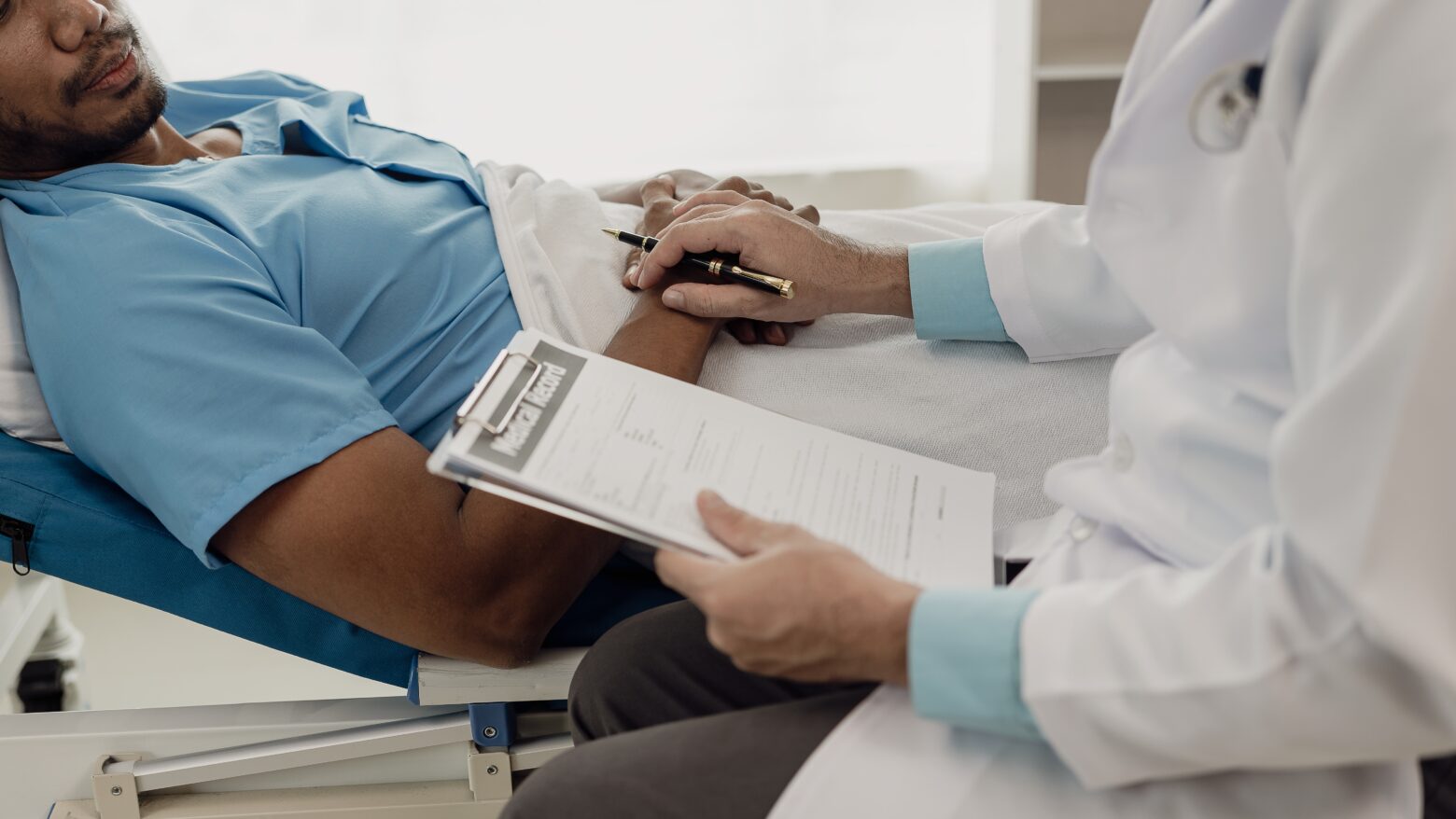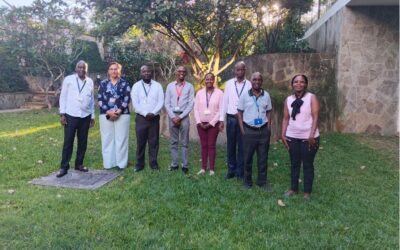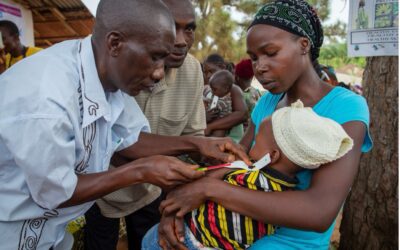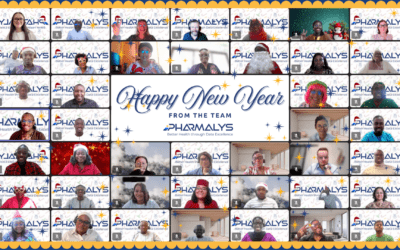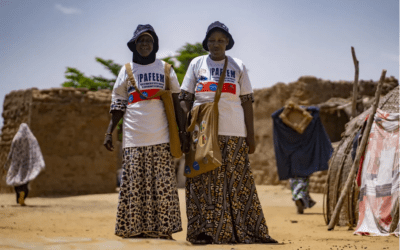The recent revision of the Declaration of Helsinki, adopted at the 2024 General Assembly of the World Medical Association (WMA) in Helsinki, represents a pivotal moment in the evolution of ethical standards for medical research involving human participants. This revised Declaration emphasises core values of inclusion, justice, and transparency, strengthening the ethical obligations of all researchers worldwide.
This extensive revision process, guided by the WMA Declaration of Helsinki Revision Working Group and led by Chair Dr. Jack Resneck Jr., spanned over thirty months and involved input from a broad range of experts. The updates address several crucial areas, ensuring that the Declaration remains relevant in an ever-evolving global research landscape. Dr. Ashok Philip, newly inducted as the WMA President, highlighted the importance of these updates, noting that they solidify the WMA’s commitment to ethical integrity, patient rights, and scientific transparency.
Key revisions include enhanced protections for vulnerable populations, including clear requirements for informed consent that emphasises using simple and understandable language. This measure helps ensure that all participants, regardless of educational background or regional differences, fully understand the implications of their participation. Moreover, the Declaration now stresses the need for community involvement and international justice, urging researchers to consider the impacts of their studies not only on individual participants but also on their broader communities.
One of the most notable additions is the Declaration’s increased focus on distributive justice. This principle encourages researchers to critically assess who benefits from their research and who may bear the risks, particularly when studies involve international populations. By placing a strong emphasis on equity and fair distribution of benefits and burdens, the Declaration underscores the global responsibility to protect and respect all individuals involved in medical research.
Pharmalys is committed to maintaining high ethical standards in clinical trials
Pharmalys supports the recent updates to the Declaration of Helsinki, as they directly align with our mission to uphold the highest ethical standards in clinical research throughout Africa and other historically underrepresented regions. Our approach prioritises inclusivity, respect, and participant protection in every clinical trial, ensuring that all individuals are treated with dignity and that their rights are preserved. At Pharmalys, we are committed to recognising the unique vulnerabilities of each participant, involving their communities meaningfully, and championing international justice to achieve fairness in research outcomes.
Our work in advancing Good Clinical Laboratory Practice (GCLP) standards exemplifies our dedication to achieving high-quality outcomes grounded in ethical standards. By enforcing rigorous standards across laboratories, we ensure that the environments in which research is conducted meet stringent criteria for participant safety and scientific accuracy. Additionally, through our involvement in capacity-building programmes, we empower local institutions to adopt and maintain these same high standards, supporting a globally consistent approach to ethical clinical research.
We see these updated guidelines as an opportunity to further our commitment to ethical, inclusive, and impactful research across Africa and beyond. By embracing these principles, we aim to contribute to a future where clinical research benefits are fairly distributed, and all communities feel a sense of ownership and trust in the research process.
Marieme BA,
CEO of Pharmalys Ltd, and PACE Ltd

